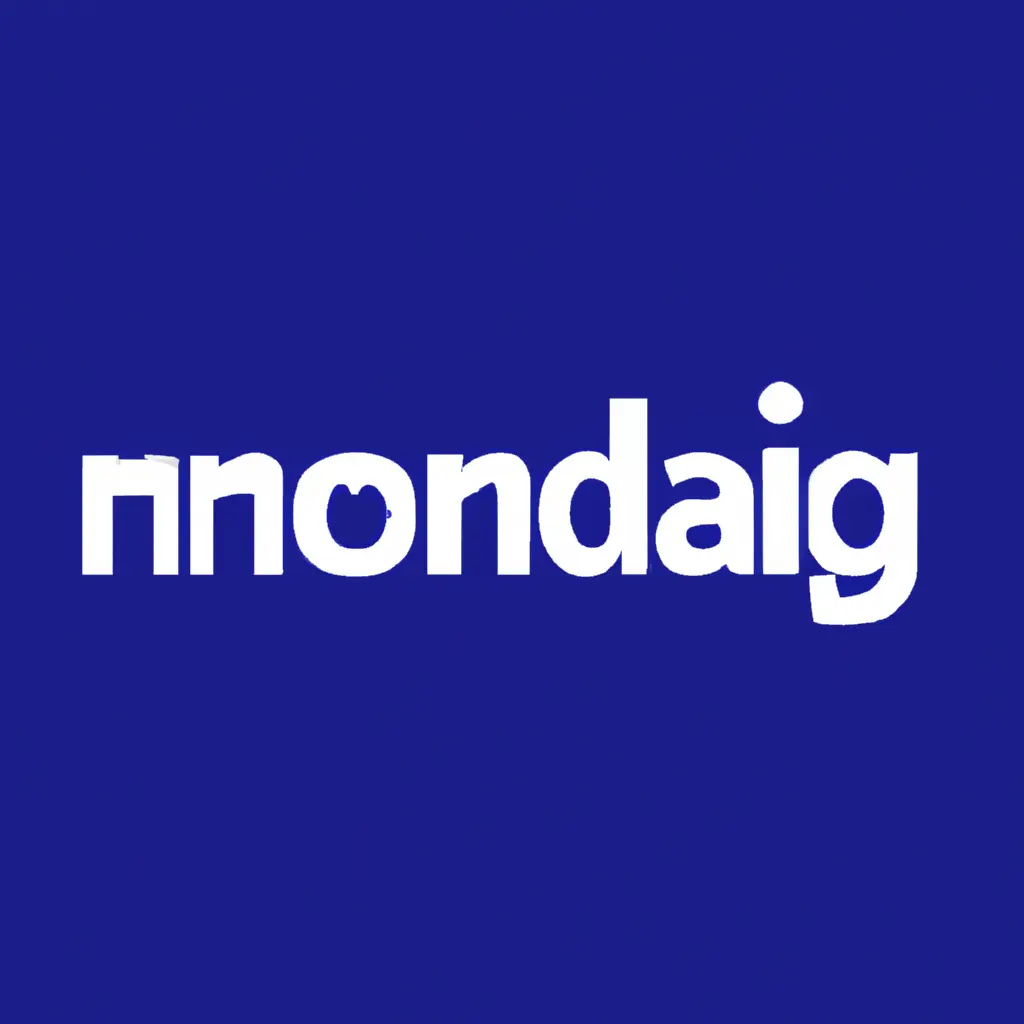Tokenization of real estate

To print this article, you just need to register or log in to Mondaq.com.
Real estate tokenization is a new trend and a thriving business model with lucrative opportunities for both issuers and investors.Tokenization provides the real estate industry with shared ownership, liquidity, accessibility and global scalability to a degree that was previously unattainable. Real estate tokenization involves representing physical real estate assets as digital tokens on a blockchain network. Typically, each token represents a fraction of the value of the property. Projects can use various methods to tokenize real assets, such as creating a company where the tokens serve as a digital representation of ownership or "para-rights" to the real estate. Projects may also choose to issue tokens representing ownership of interests in a registry of title certificates (a tokenized valuable written document) evidencing ownership of real property. In addition, projects may issue tokens representing rights and interests in a business entity that owns portions of real estate. Projects may create a single token or multiple tokens representing a business owning real property or multiple properties, or an entire real property, or subdivide it into equity tokens. Projects can provide additional functions and rights associated with tokens, such as profit sharing, voting rights, rental income, or access to the use of real estate. Through such initiatives, projects can provide token holders with access to income generated from the sale or rental of real estate. In addition, through the right smart counter integrations
Legal Aspects.Projects can remove geographic restrictions by using blockchain technology and allow people from around the world to participate in real estate opportunities. In determining business methods, projects should carefully consider the legal system of the country in which they intend to issue tokens. Different countries may impose different requirements for issuing tokens, including license obligations and other regulatory requirements such as data management and protection, customer knowledge requirements (KYC) and anti-money laundering (AML) reporting. For example, real estate tokens issued in the European Union may be subject to the obligations and requirements described under the Market in Cryptocurrency Assets (MiCA) regulatory framework. Certain jurisdictions may classify issued tokens as securities or financial instruments, subjecting them to securities requirements. Projects can then take the opportunity to obtain an exemption, such as Regulation D in the United States. In addition, a country may have additional regulations applicable to a project with respect to real estate ownership, advertising standards, or data protection rules. Projects may be subject to regulation even if they do not have a physical presence in the country.
In Turkey.the legal system for real estate tokenization is still evolving. Unofficially, plans for the Draft Cryptocurrency Law, which aims to regulate cryptocurrencies and markets, have been leaked. Projects operating in Turkey are in an advantageous position as they are located in a dynamic jurisdiction that is constantly evolving. In addition, Turkish residents have a positive attitude towards cryptocurrencies. Therefore, projects can choose to offer real estate tokens to Turkish residents or tokenize real estate located in Turkey. Regardless of the location, projects need to develop structured procedures to ensure that buyers are protected, digital assets are handled correctly, necessary information is disclosed, and any conflicts, threats, or violations of applicable laws are avoided. Educating people about the potential risks and rewards of tokenizing real estate is essential. Forming documents to clearly communicate and raise awareness can help people make informed decisions.
The future of real estate tokenizationThe outlook for real estate tokenization looks promising as technological advances, regulatory frameworks and market acceptance continue to evolve. It will be particularly interesting to follow the development and adoption of the concept of ARTs (asset referencing tokens) introduced under MiCA. With the proliferation of blockchain technology in the regulatory arena, the sector will benefit from a more robust infrastructure. Some countries are trying to integrate cadastral records on blockchain to verify land ownership and transactions, such as the UK, Sweden and Georgia. This will provide transparency, traceability and efficiency in land management and allow easy transfer of real estate between individuals, eliminating middlemen. With the strengthening of technology and regulatory frameworks, it is becoming increasingly clear that real estate tokenization has the potential to change the real estate market. It will continue to open up opportunities, increase liquidity and simplify transactions. Projects should partner with professionals who can overcome challenges and capitalize on opportunities in this evolving market. You can contact us if you would like more information on this topic or to discuss relevant trends, technologies and their legal aspects.
The content of this article is intended as a general guide to the subject.Professionals should seek advice on their particular circumstances.
Comment
Popular Posts
Popular Offers

Subscribe to the newsletter from Hatamatata.com!
Subscribe to the newsletter from Hatamatata.com!
I agree to the processing of personal data and confidentiality rules of Hatamatata








